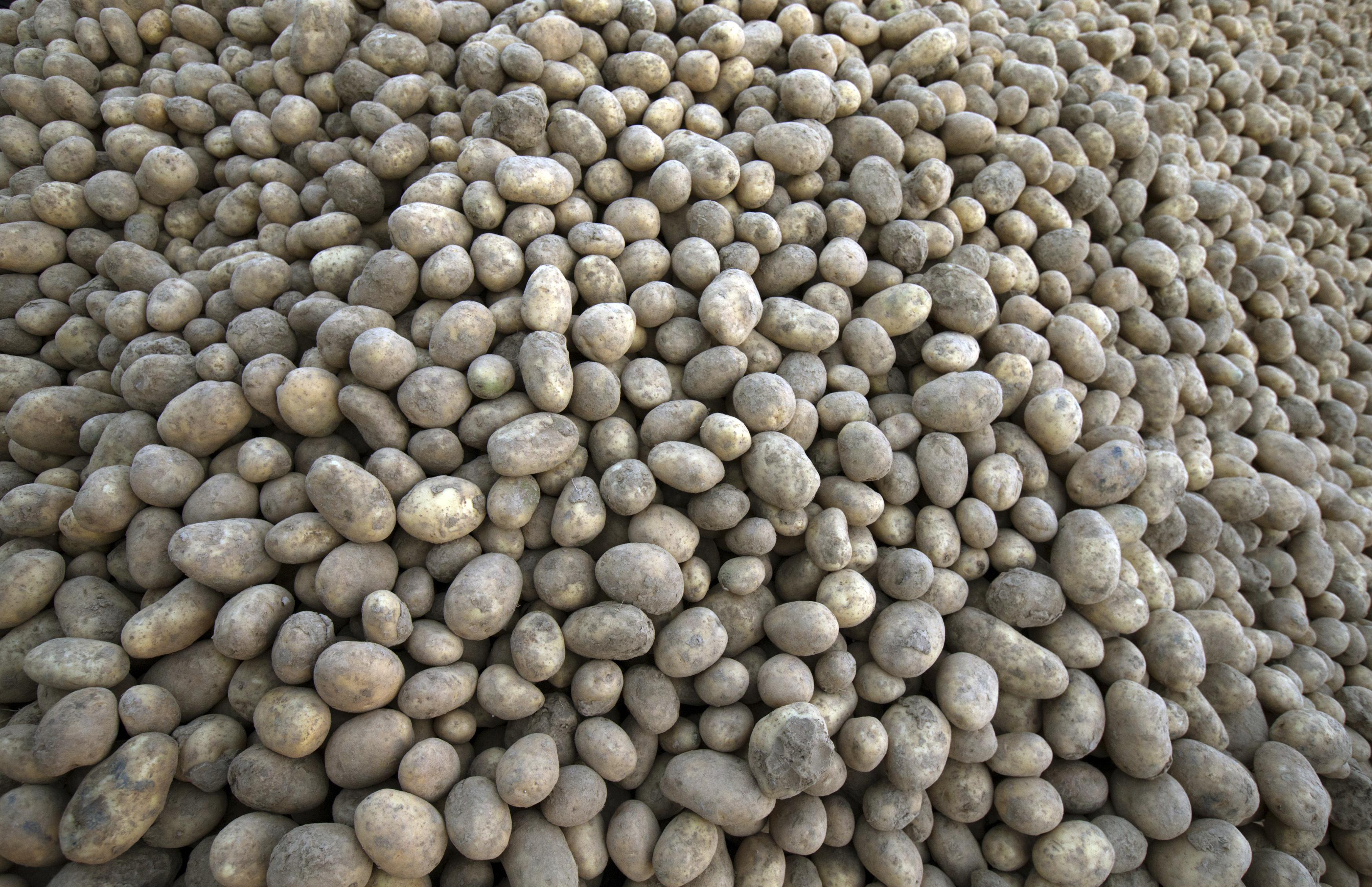Under the massive new spending bill just passed by the House, low-income women would be able to buy white potatoes with vouchers issued by the Woman, Infants and Children (WIC) program for the first time ever. (“White potatoes” for these purposes are all potatoes that aren’t orange yams or sweet potatoes, which are already allowed.) It would be a victory for the potato lobby—and a loss, some say, for the cause of nutrition.
The vouchers are intended to support for pregnant women and young children, and the list of foods covered is a short one packed with nutritional heavy-hitters. Packages currently contain vouchers for juice, milk, cereal, eggs, fruits and vegetables, whole wheat bread, and a choice between beans and peanut butter. Milk can be subsituted for yogurt, cheese, soy drinks or tofu and bread can be substituted for brown rice, bulgar, oatmeal, whole-grain barley, whole wheat macaroni or tortillas (pregnant women receieve a ration of cheese without having to substitute it for milk— they also are the only group allotted a portion of canned fish in addition to the above items). Fruits and vegetables were added to the roster in 2009 but potatoes were excluded on the grounds that WIC participants already get enough potatoes on their own, often via French fries.
A large part of the push to make potatoes eligible for WIC packages has come from legislators hailing from potato-growing states, but historically, the decision of what foods to include has not been a legislative one. Instead, the USDA typically decides what foods to include by consulting with the Institute of Medicine. In response to the pressure from the potato industry, a number of prominent organizations—including the American Academy of Pediatrics, the American Public Health Association and Center for Science in the Public Interest—co-authored a statement condemning the inclusion of potatoes in WIC food packages, saying decisions on the food packages should be left to scientists and that low-income women already eat too many potatoes. Agriculture Secretary Tom Vilsack has agreed the policy shouldn’t be political, commenting, “When it comes to children’s health, I’ve got much more confidence in pediatricians than politicians.”
The potato lobby, formally known as the National Potato Council, has been advocating for inclusion in the WIC for some time now. Other causes for Big Potato include championing the role of the potato in school lunches and fighting USDA guidelines advising people to limit their intake of starchy foods; the Council enjoyed a major victory in 2011 when Congress ignored USDA recommendations (much-maligned by the Potato Lobby) to serve only two servings of potatoes and starchy vegetables in each week’s worth of school lunches.
Potato proponents say potatoes have potassium, fiber, and folate, helpful for pregnant women. Are they well-meaning advocates or selfish apologists? Potato, potahto.
